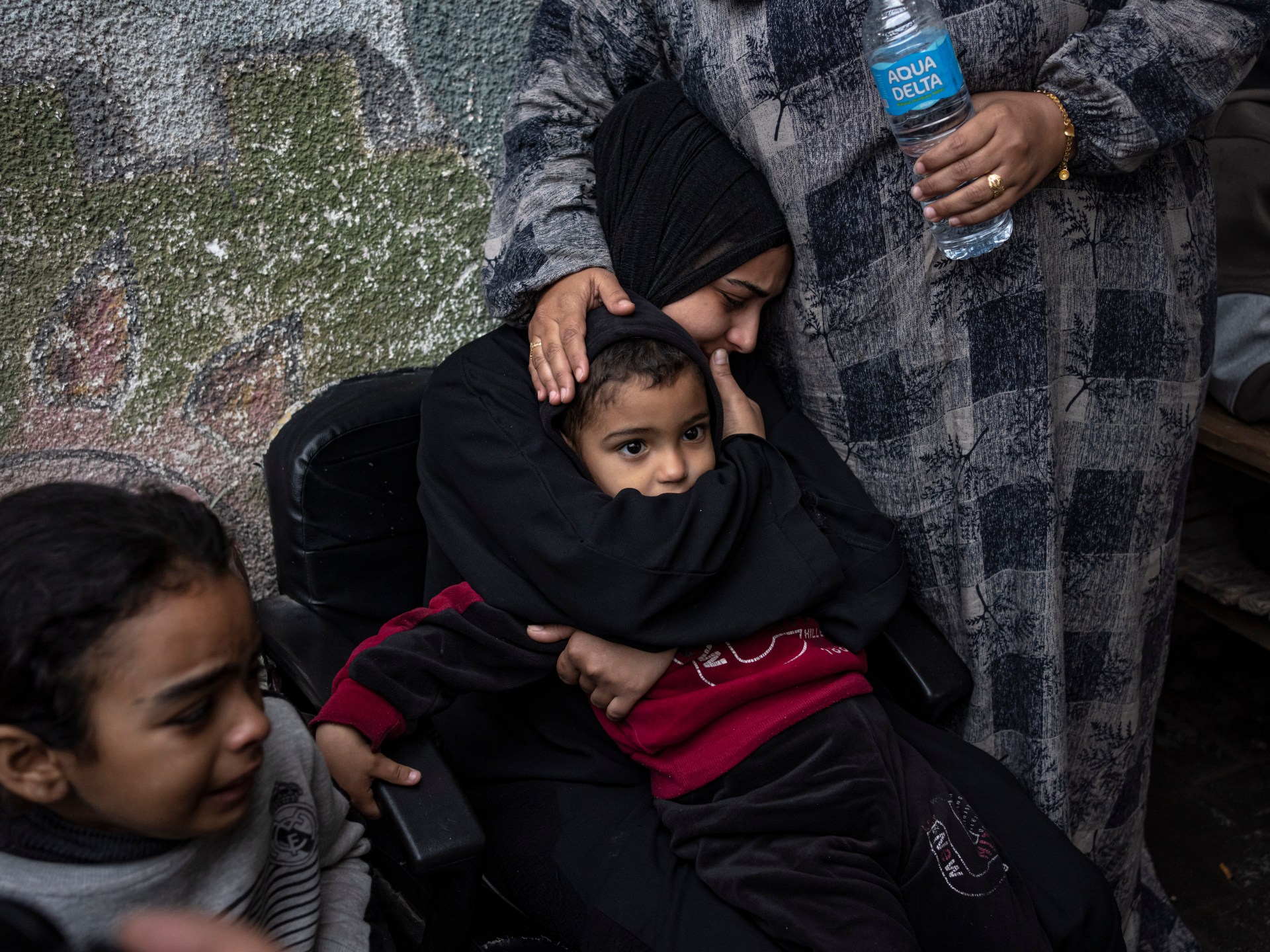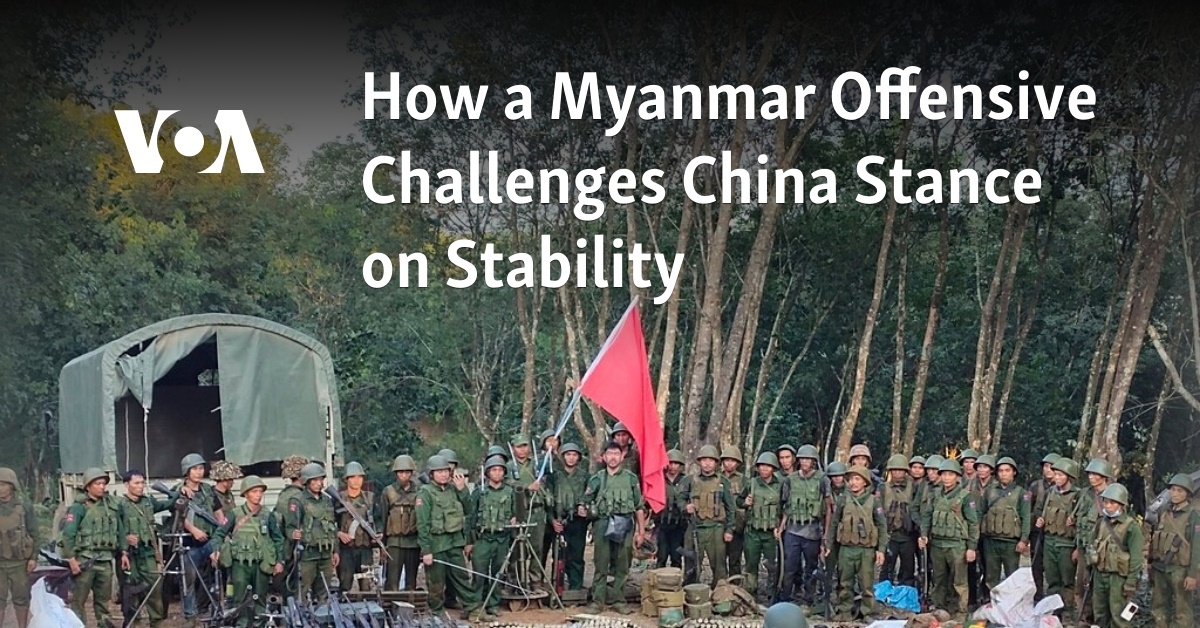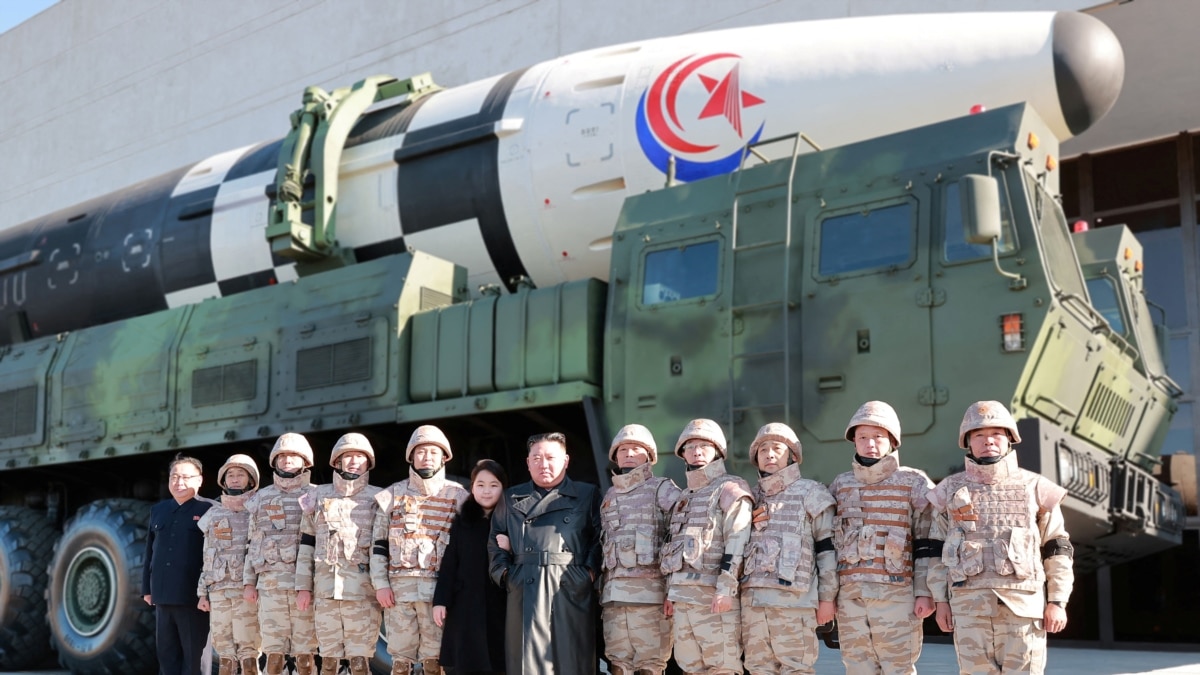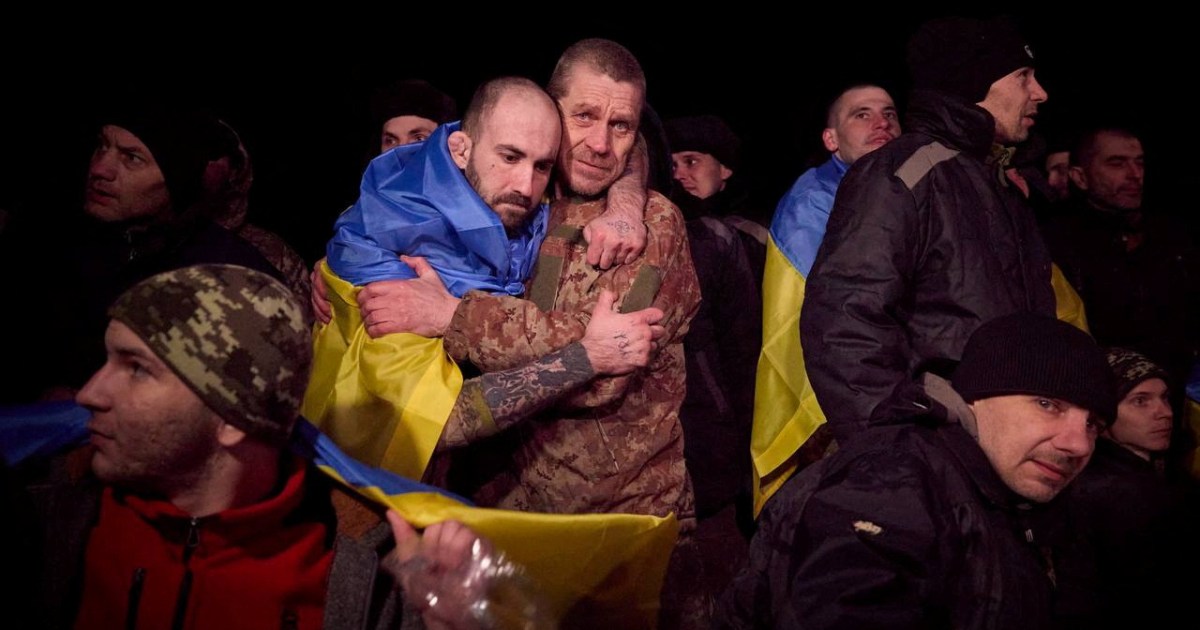
We finally seem to be achieving something. Late on New Year’s Day, Mohamed Salah’s beaming face appeared on British television screens. Salah always has the slightly disheveled look of a man who hasn’t necessarily slept well, but he was in an extremely good mood.
His Liverpool team had just dismantled Newcastle United and moved three points clear at the top of the Premier League. He had played beautifully: scoring two goals, assisting one and missing a penalty to promote the illusion of drama in an otherwise hopelessly one-sided sporting contest.
However, the celebration also had a bittersweet note. That was the last time Liverpool saw Salah in person for several weeks. Immediately after the game, he was due to travel to Egypt’s imaginatively named “New Administrative Capital” just outside Cairo to take part in his national team’s preparations for the Africa Cup of Nations, which begins next weekend. He doesn’t plan to return to Liverpool until mid-February.
It goes without saying, of course, that the focus in Britain – and for those who follow the Premier League in general and Liverpool in particular – should be on how Salah’s absence might impact an unusually tense title race. (Liverpool will apparently be fine. “Anyone can play where I play,” Salah said modestly. “Anyone can do what I do,” he added, pushing his luck a little.)
However, in recent years there has been a growing awareness that this approach may be seen as a little provincial.
Europe tends to capture football’s attention, dominate its discourse and set the parameters of what is deemed worthy of attention or praise. After all, Europe is home to the world’s biggest clubs, the strongest leagues and the world’s best players. For all intents and purposes, Europe is the main event.
The consequence of this, of course, is that anything and everything that doesn’t matter for Europe will be shrunk. The Nations Cup is not the only example of this phenomenon, but it is likely the best. Every two years or so it is portrayed as little more than an obstacle, as if it were invented solely to test the squad strength of the big Premier League teams.
There have long been discussions about the fact that participation is somehow optional for the invited African stars, in contrast to the European Championships and the Copa América.
Recent years have brought a welcome correction to this logic. Gradually, the realization dawned that it wasn’t really fair to look at the Nations Cup solely in terms of its impact on the Premier League. The Europeans seem to have accepted that it’s not really their decision whether players want to take part or when it might take place. Sometimes it was even possible to believe that we were on the threshold of a deeper discovery: just because something doesn’t matter to you doesn’t mean it doesn’t matter.
This process was admittedly slow. It’s certainly hard to imagine that a German player could be asked to explain the importance of the European Championships, or that a Brazilian could be asked to explain the importance of the Copa América the way Salah was asked to explain why he wanted to I didn’t bother to travel to Ivory Coast this month, but still: slow progress is still progress.
And yet football still can’t quite shake off its innate Eurocentrism. This year another tournament will take place parallel to the Nations Cup. This week 24 national teams from all over Asia met in Qatar – where some stadiums were shut down, I don’t know why – for the Asia Cup.
It goes without saying that this is a tournament that is just as important as the Nations Cup and therefore also the Copa América and the European Championships. Apart from its South American counterpart, it is the oldest continental football competition, predating the European Championships by a few years. It will attract hundreds of millions of viewers and, with an admittedly unlikely combination of results, even capture the hearts and minds of the world’s two most populous nations.
And yet the Asian Cup itself is largely ignored when compared to the Cup of Nations. Not even the compliment of being portrayed as a nuisance is given. Instead, it is almost completely overlooked.
This could be partly due to its relative rarity. Although it is usually played at the same time of year as the Africa Cup of Nations – in January and February, in the middle of the European season – the Asian Cup only takes place every four years. It doesn’t penetrate the European consciousness as frequently as the biennial Cup of Nations.
The most important reason, however, is the impact on Europe. Salah is hardly an exception when it comes to players leaving major European teams for Africa this month. Of the 24 Nations Cup teams, only five – South Africa, Tanzania, Zambia, Mauritania and Namibia – have not named players from Europe’s five major leagues. Many of the main contenders will base their campaigns on familiar faces.
The contrast with Asia is stark. Only a few dozen of the players gathered in Qatar have had to leave the teams of Europe’s most famous national leagues. Jordan has one, Iran two and South Korea six. Japan alone could field an entire team from the game’s most high-profile leagues. (There are larger contingents from the Dutch Eredivisie, the Belgian Pro League and, largely thanks to Celtic, the Scottish Premier League.)
In other words: Europe still has the privilege of determining what is important and what is not. Maybe it’s not because attitudes have changed that the Cup of Nations is tolerated; perhaps it is tolerated instead because it seems more familiar to Europeans. After all, the teams are full of players that Europeans recognize, that we value and that we miss. The tastemakers have not adapted to this. It has changed to better suit tastemakers.
Needless to say, there is a sadness here. The unfamiliarity of players and teams is a wonder that has largely been lost in football’s digital age. There was a point in time when heterogeneity was one of the great joys of sport, not a tendency that has long since become a thing of the past.
The Asian Cup, with its teams from far-flung and different leagues, has plenty to offer. His difference should be his strength. It would definitely be worth seeing. CBS Sports has secured the rights in the USA. Unfortunately, no one in Britain has deigned to do this.
In the two or so years since taking over Newcastle United, Saudi Arabia – sorry, sorry, the Public Investment Fund, which is absolutely not the Saudi state, and you really shouldn’t think it is – has been much more reserved than it is could have been expected.
Significant sums of money have gone into transforming Newcastle’s squad, but even the project’s harshest critic would be hard-pressed to deny that the money has been spent wisely. Newcastle supporters have resisted the temptation to seek a quick solution. If anything, the club’s growth – thanks in part to the Premier League’s financial rules – has been almost cautious.
This wasn’t a problem as long as everything was going well while the club seemed to be ahead of schedule. Things become more complex when there is a feeling that things have stalled. Newcastle have only won three of their last 13 games. Eddie Howe has now suffered three defeats in a row. It’s outside the Champions League. And even the club’s injury problems don’t excuse Liverpool conceding 34 goals on New Year’s Day.
Howe’s previous work was supposed to protect him from the threat of dismissal during the first real downturn of his term. As they say, he has credit in the bank. Under normal circumstances this would undoubtedly be the case.
But the situation in Newcastle is no ordinary circumstance. It is related to the image that the main investor wants to project about himself. So far, the new owner has been happy to be responsible, patient and understanding. That was easy when times were good. Now this is not the case, and it is difficult to say whether Saudi Arabia is really willing to accept something difficult, whether it is willing to tolerate performance deficits, whether it is really willing to wait.
User Generated Content
Fortunately, the results are unanimous. The votes have been cast, the suggestions made, the forms processed, the information tabulated, the data evaluated and the conclusions drawn, and now we can say with some certainty that if FIFA were to allow a team from countries outside the top 48 Of all the players taking part in the expanded 2026 World Cup, Jan Oblak would be in goal.
Pretty much everyone (and there were several dozen of you) who submitted a post the festive challenge set to music by Joe Rizzotti and Dolores Diaz-Vides – they are not married, Dolores wrote to let me know; Their joint emailing is purely platonic – deciding that Oblak, Atlético Madrid’s feared Slovenian, should be in goal.
Elsewhere the picture was a little blurrier. The central defense was no problem: Milan Skriniar (Slovakia), Stefan Savic (Montenegro), Evan Ndicka (Ivory Coast) and Edmond Tapsoba (Burkina Faso) were nominated, among others. The central midfield was also well staffed thanks to players like Mohammed Kudus (Ghana), Henrikh Mkhitaryan (Armenia) and Yves Bissouma (Mali).
In attack, the options are less quantitative but perhaps higher in quality: Khvicha Kvaratskhelia (Georgia) and Leon Bailey (Jamaica) on the wings, perhaps as replacements for Edin Dzeko (Bosnia and Herzegovina) or Sébastian Haller (Ivory Coast)? Or perhaps a more fluid trident made up of Miguel Almiron (Paraguay), Iñaki Williams (Ghana) and Benjamin Sesko (Slovenia) would be more modern?
However, there is a problem at full-back. A problem so significant that an entire theory could be built around it: that the mark of an elite football nation appears to be its ability to produce left- and right-backs. Ivory Coast’s Serge Aurier, currently at Nottingham Forest, and Bosnia’s Sead Kolasinac, now at Atalanta, were the best a tight field had to offer.
However, this does not defeat the purpose of the exercise. International football is always about compromise; With resources limited by borders and birth rates, it is inevitable that teams will have flaws. It’s what makes it special in many ways. And there is enough strength elsewhere to produce a team that could probably reach the quarter-finals in 2026. Joe and Dolores, consider me a convert. Let’s bring a world team to North America.






Recent Comments